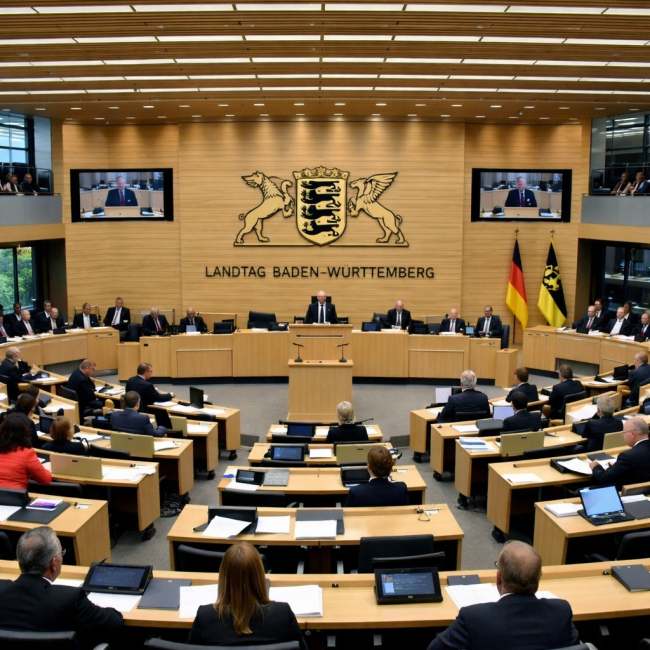German agriculture: structural changes

German agriculture is characterized by regionally different farm structures but in the midst of a transformation process. Rapid structural change is seen especially in animal production. Total production increased during the past decade due to intensification but the number of labour force decreased. Increasing land prices are an indicator for the sectoral growth. The situation has changed at the moment. Farm income has decreased rapidly due to very low producer prices.
Discussion about agricultural policy fluctuates between two poles: approval of growth and competitiveness on one side and more protection of the environment and more animal welfare on the other side. In society especially the aspect of animal welfare has gained growing importance. Policy tries to consider this through voluntary measures of producers, food industry and food retailing companies. The scientific advisory board on agricultural policy at the German ministry of agriculture has published a study on pathways to socially accepted livestock husbandry in Germany which found broad attention. But problems could arise with international competitiveness. For aspects of environmental protection like biodiversity losses and nutrient contamination a similar controversial discussion is seen. Smouldering conflicts are found as well for the question of direct payments and the national implementation. Some parties seek to support small farmers more at the expense of big farmers. This is also a regional conflict due to big differences in farm sizes in different German regions. Up to now the German policy has normally chosen a medium course. Policy appears therefore a bit without a concept. The advantage is that there are more options for the future.
Theodor Fock is professor of agricultural policy, political economy and environmental policy in Hoschchule Neubrandenburg in Mecklenburg-West Pomeraniums, in the agricultural department economics and sciences of food.
This content is available in French and German.
Related centers and programs
Discover our other research centers and programsFind out more
Discover all our analysesThe 2026 State Elections in Baden-Württemberg: First Test For Chancellor Merz's Federal Government?
The state election in Baden-Wuerttemberg in March 2026 will be the first major test of public opinion for Chancellor Friedrich Merz's federal government. At the same time, Baden-Wuerttemberg is one of the federal states that—as an important location for the German automotive industry and its suppliers—is particularly affected by the transformation policy driven by climate change and the international conflict constellation.
Bundeswehr: From Zeitenwende (historic turning point) to Epochenbruch (epochal shift)
The Zeitenwende (historic turning point) announced by Olaf Scholz on February 27, 2022, is shifting into high gear. Financially supported by the March 2025 reform of Germany’s “debt break” and backed by a broad political and societal consensus to strengthen and modernize the Bundeswehr, Germany's military capabilities are set to rapidly increase over the coming years. Expected to assume a central role in the defense of the European continent in the context of changing transatlantic relations, Berlin’s military-political position on the continent is being radically transformed.
Merz’ European Policy-making: The End of the ‘German Vote’?
Friedrich Merz’s European ambition is to turn Germany, long seen as hesitant into a leading actor within the European Union (EU). To that end, he has pledged to end the “German vote,” a phenomenon that epitomizes the paradox of a country both indispensable and frequently absent from European decision-making.

Securing critical raw material (CRM) value chains – a prerequisite for Europe’s technological resilience
At the heart of economic security, technological resilience is a backbone of the European Union’s (EU) competitiveness. The EU’s energy and digital transitions depend on critical raw materials (CRM).










